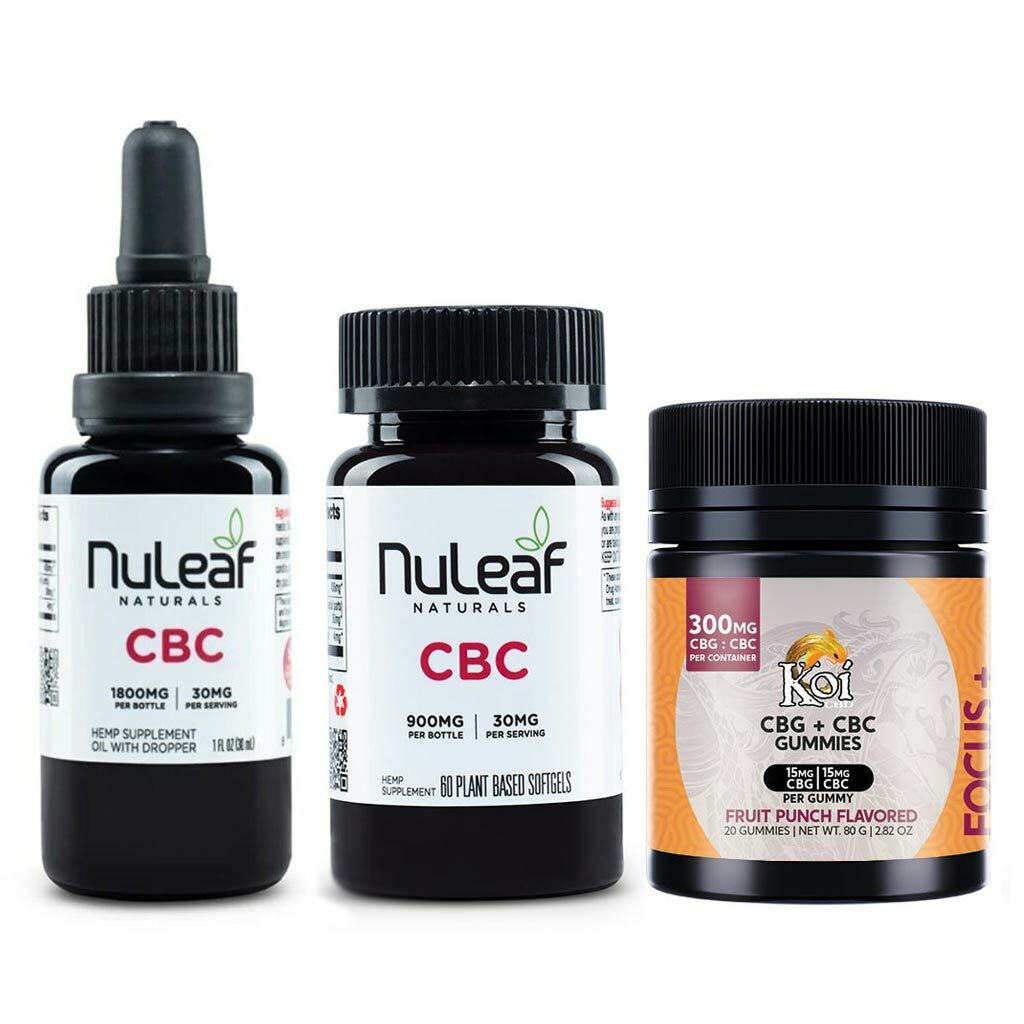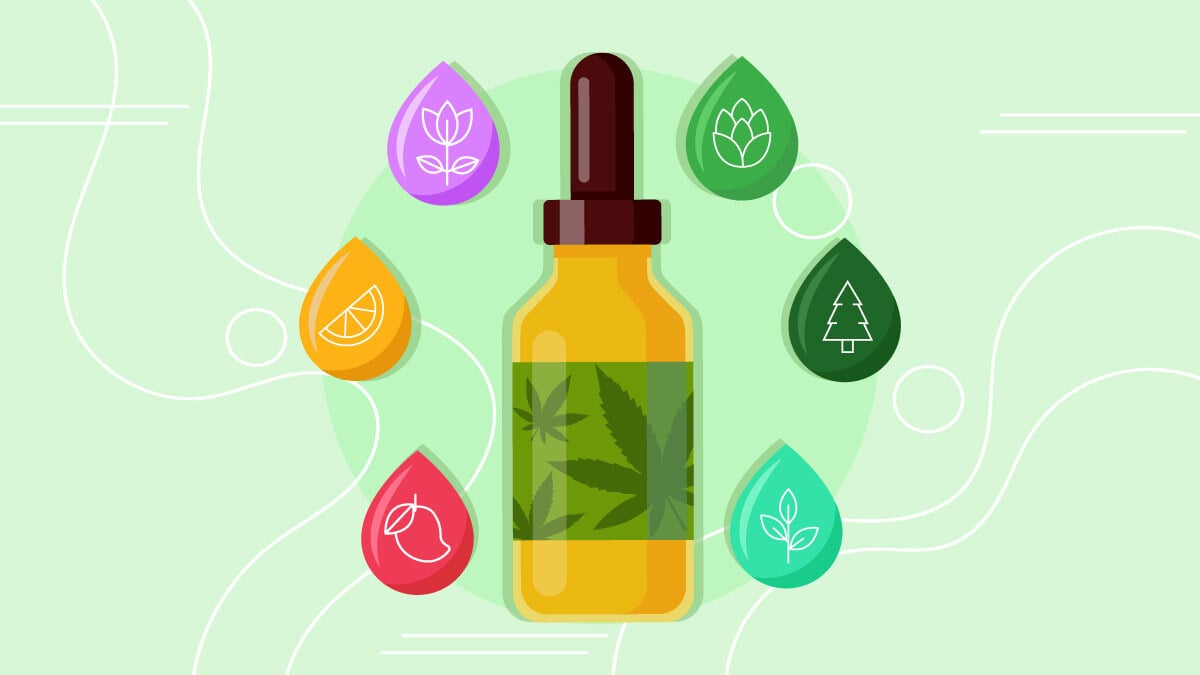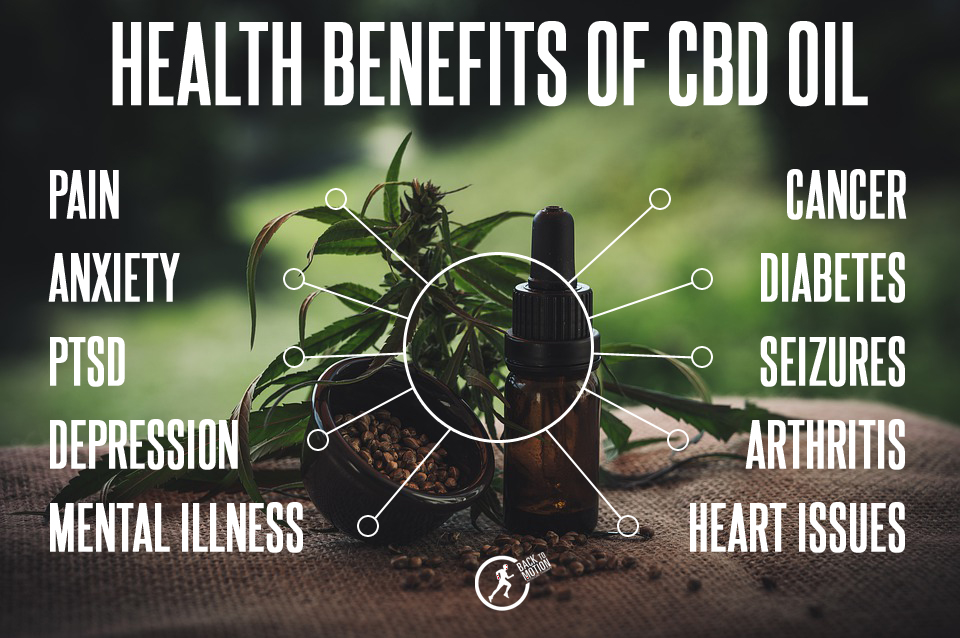
Sunsoil CBD is a company that sells CBD tinctures online. Although the company is based out of Hardwick, VT it's important that you understand what they offer and whether it suits your needs. In this article, we'll discuss the company's products, their price, and whether they're suitable for pets.
Sunsoil products
Sunsoil CBD strives to offer the best possible price for its CBD-derived products. The company offers CBD oil in softgels, coconut oils, and a cinnamon-flavored CBD. Each product costs $30, and subscriptions are not possible for these products. Sunsoil, despite being a small brand, is the best-selling CBD organic brand in the Northeast.

Price
Sunsoil CBD is the best website to find quality CBD supplements. This company is known to offer affordable prices. The price of its CBD products starts at $0.05 per gram. It also offers a subscription program that will send products straight to your doorstep. Customers have given the company an average rating of 4.89 stars, and they responded to any unfavorable reviews.
Quality
The Vermont-based company changed its name to Sunsoil CBD in February. This aims to bring CBD products to all people at an affordable price. All of its hemp and natural oils have been certified organic. The company's Vermont-based manufacturing location grows all its hemp, and performs all of the extraction. You will also be covered by a 30-day money-back warranty to ensure your satisfaction. Sunsoil CBD CBD is a reliable, high-quality brand.
Pet-friendliness
When choosing CBD oil to use for your pets, safety is a key consideration. Sunsoil CBD products have been made vegan and pet-friendly. The capsules are made of semi-syntheticcellulose, making them safe for pet owners. Sunsoil CBD products are unflavored and contain no flavor. The oil used by the company is full-spectrum, organic hemp extract.

THC content
CBD products claim to contain 10 mg CBD per 1mL serving. Their CBD products contain at least 0.3 percentage THC. This is not too high to be beneficial, but it's worth noting. In addition to CBD, these supplements also contain a small amount of CBDa or CBC. THC might have other benefits, like relaxing sensitive people. Too much THC can cause drug tests to fail.
FAQ
Can I use CBD during pregnancy?
It is not clear if CBD is safe for use during pregnancy.
However, CBD does not appear to be a danger to the baby based upon the limited information.
Pregnant women should not take CBD unless their doctor has recommended it.
A recent warning was issued by the Food and Drug Administration about possible risks from CBD consumption during pregnancy.
FDA says there is evidence that cannabis usage during pregnancy can increase miscarriage risk.
The agency added that more research is needed before a firm conclusion can be drawn.
How can CBD products be promoted in a legal manner by CBD companies?
The FDA doesn't regulate hemp as an agricultural commodity. The FDA regulates cannabis derivatives (e.g. marijuana) under the Controlled Substances Act. CBD is not covered by any regulations.
CBD is legal at the state level in 29 states, but federal law still considers it illegal. This creates uncertainty for businesses looking to sell CBD products.
The FDA has specific guidelines on how CBD products must be marketed. To make sure that CBD products are clearly disclosed about their THC content, the FDA has established strict guidelines. Without supporting scientific evidence, CBD cannot be claimed to treat certain medical conditions.
Further, the FDA requires that manufacturers provide information on manufacturing practices and quality controls. To demonstrate safety and efficacy, the FDA requires companies to perform clinical trials.
When developing their own marketing strategies, companies should take into account these points.
Which countries have the best quality CBD?
The United States produces the vast majority of CBD products.
Canada, Australia New Zealand, Israel, and New Zealand all produce high-quality CBD products.
Statistics
- A recent systematic review of human trials also reported that individuals with epilepsy receiving CBD (5–20 mg·kg−1·day−1) were more likely to experience decreased appetite than those receiving placebo (i.e., ~20 vs. 5% of patients) (ncbi.nlm.nih.gov)
- The inhibition of FAAH is predicted to lead to an increase in brain and plasma concentrations of AEA, which acts as a partial agonist at CB1R and CB2R, thereby increasing endocannabinoid tone [92, 110]. (ncbi.nlm.nih.gov)
- The use of these products is likely to become even more widespread if the World Health Organization's recommendation that CBD no longer is scheduled in the international drug control conventions is adopted by the United Nations member states [201]. (ncbi.nlm.nih.gov)
- OralWhere HED is the human equivalent dose, and Km is a correction factor estimated by dividing the average body mass (BM) of the species (60, 0.020, and 0.150 kg for 11 humans, mice, and rats, respectively) and by its surface area (see: Nair et al. (ncbi.nlm.nih.gov)
- As a substance that was federally illegal before the passage of the 2018 Farm Bill, hemp-derived cannabinoids with no more than 0.3% THC still face a regulatory grey area. (forbes.com)
External Links
How To
What are the main issues with the CBD industry.
The market for CBD products is expanding at an astounding rate. However, there are still many challenges facing businesses looking to enter this space. There are many challenges facing businesses looking to enter this space, including low consumer awareness, high costs of entry and limited access to capital.
Many people are not aware of what CBD is, or how it functions. This means that they cannot make informed decisions about whether or not to buy CBD products.
Most CBD companies rely heavily upon word-of mouth marketing. This is expensive as they must pay advertising costs and to hire staff to market their brand.
Another issue facing new entrants into the CBD industry is the high cost of production. CBD products can be very costly because of the cost of the raw materials. CBD oil can only then be produced if the hemp has been grown in a specific environment.
Growing enough hemp to make CBD oil takes around $1,000 per acre. Many small farmers can't afford to begin.
A lack of capital access is another issue that new entrants will face in the CBD marketplace. Banks are often discouraged from helping people start businesses because of the stigma that surrounds the industry.
Final, there are regulatory uncertainties surrounding the sale CBD products. There are currently no clear guidelines regarding how CBD products should be marketed.
While some states have passed legislation restricting CBD products' sale, it has not been adopted as a national policy.
Only Nevada and Maine have so far legalized recreational marijuana.
However, some states like Massachusetts and Michigan are considering similar measures.
These changes could result in increased competition between CBD manufacturer.
These factors are why many entrepreneurs prefer to work from home than open a physical store.